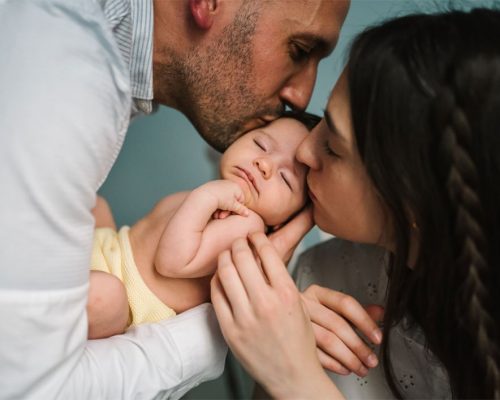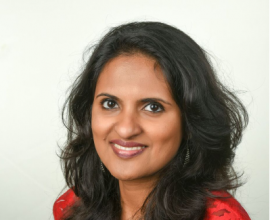Your baby’s general development During your child’s development reviews, your child health nurse or doctor will ask you how your child is going and about any concerns you may have. If your baby was born prematurely, their developmental age will be calculated from your original due date, not from the actual date they were born. Your baby will usually be weighed regularly, especially in the first year of life and at the time of routine vaccinations. If there is any concern about your baby’s weight, they may be weighed more often. When should children be checked?
Children’s health and development should be checked at:
- birth
- 1 to 4 weeks
- 6 to 8 weeks
- 4 months
- 6 months
- 12 months
- 18 months
- 2 years
- 3 years
- 4 years or before starting school













